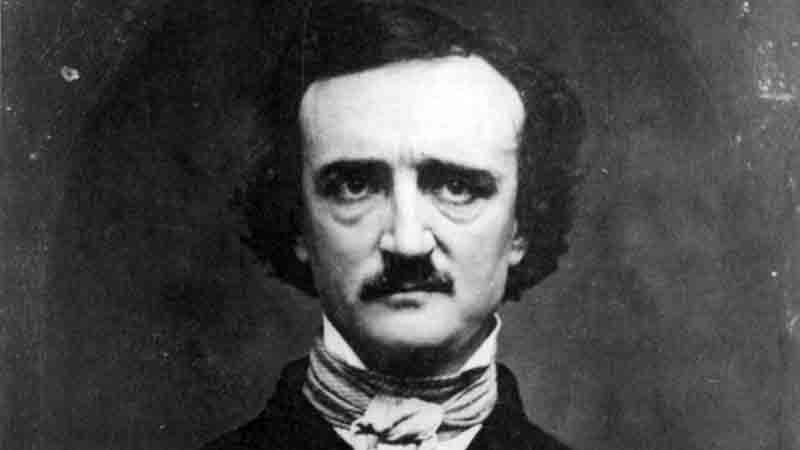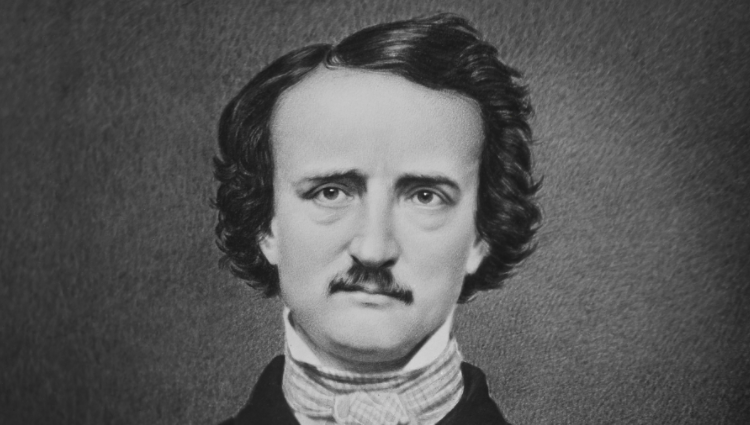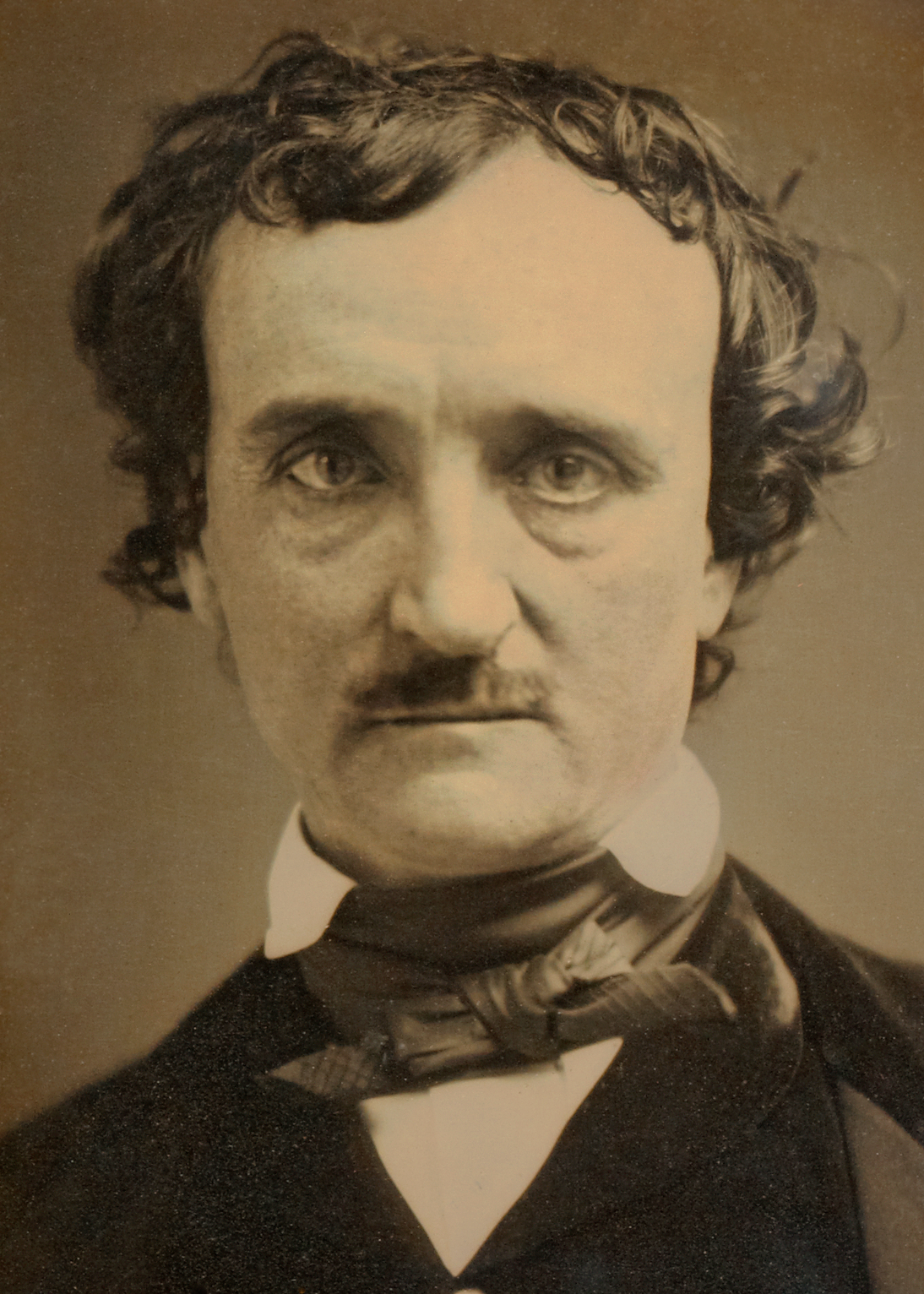5fish
Well-Known Member
- Joined
- Jul 28, 2019
- Messages
- 10,711
- Reaction score
- 4,559
I believe few know that Edgar Allen Poe was in the U.S. Army and then a cadet at West Point...He join the army in 1827 and by July of 1830, he was at West Point. By Feb. 1831 he was expelled form West Point. I looked at the West Point classes form 1830 to 1835 to see if he served with any of the Civil War greats but he did not. Robert E. Lee graduated the year before he arrived at West Point and George Meade arrived a year after he was expelled. He would have been in the class of 1834...He most likely if he had stayed in the army would served in the Seminole Wars in Florida and the Mexican American War...The question is "If Poe had lived would he had been a supporter of the Confederacy or of the Union. He grew up in Richmond, VA and Baltimore, MD and worked in both. His last years he lived in the Bronx, NY....
Links tell about Poe's time at West Point and in the Army...
http://www.stripes.com/blogs/the-ru...r-allan-poe-kicked-out-of-west-point-1.133805
http://www.dean.usma.edu/math/people/rickey/dms/x1834-Poe.html
http://www.eapoe.org/papers/misc1851/18671100.htm
Link to the West Point Class of 1834...
http://penelope.uchicago.edu/Thayer...tes/Army/USMA/Cullums_Register/1834/home.html
Links tell about Poe's time at West Point and in the Army...
http://www.stripes.com/blogs/the-ru...r-allan-poe-kicked-out-of-west-point-1.133805
http://www.dean.usma.edu/math/people/rickey/dms/x1834-Poe.html
http://www.eapoe.org/papers/misc1851/18671100.htm
Link to the West Point Class of 1834...
http://penelope.uchicago.edu/Thayer...tes/Army/USMA/Cullums_Register/1834/home.html











